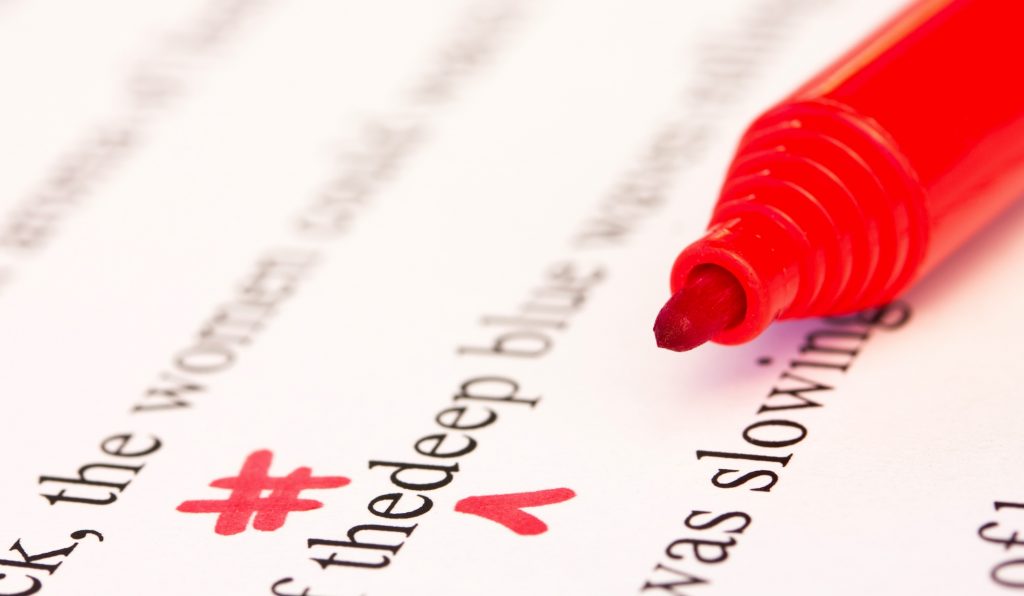By employing an academic scientific editor who is an expert in your field you are working with someone who understands your material. Even if it is somewhat ambiguous or not logically presented, they can easily interpret what you are trying to get across. Ultimately, your work, given the interdisciplinary nature of medicine and science, will, at the end of the day, be read by experts in your field and by those from other disciplines. Your book, grant proposal, dissertation, research, educational brochures, has to be understood by non-experts as well as experts.

An experienced scientific editor with a background in science can understand and make comprehensible material in most disciplines. They have postgraduate degrees and a strong background in research or in industry, and may actively have some knowledge of biochemistry, biology, chemistry or geology, mathematics, etc. or perhaps they are combing careers in research and editing.
If, on the other hand, you decide to use a non-expert editor, they will assist you to target a broader audience. By using a professional proofreading service you will be working with an experienced editor who has expertise in producing written material. Your product will be accurate, clear, concise and well organized as well as being understood and can be read by anyone.
Many researchers and students work extremely long, exhausting hours. They not only have to focus on their research, they also have to bear in mind formatting guidelines. Imagine how much easier and more productive it would be if you could focus only on content rather than formatting. Not having to stress over grammar, over every sentence. That is what an editor is for, regardless of whether they are an expert in their field or a non-expert. By using a professional proofreading service or an academic editing service they are able to set up formatting that is comprehensive, including pagination, a generated table of contents and figures, citations and references, for consistency and style. They look carefully for errors, inaccuracies, sentence construction, making sure everything flows and makes sense.
Non-native English speakers may have concerns about their written ability, in making themselves clearly understood. Editing non-native English, whether scientific or not, will help improve their confidence and readability of their work.
Scientific Editing Services and Proofreading Services give the choice to students and researchers alike, whether they are native or non-native English speakers. It is only right that quality writing and research deserves the best.





